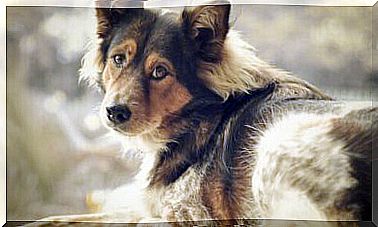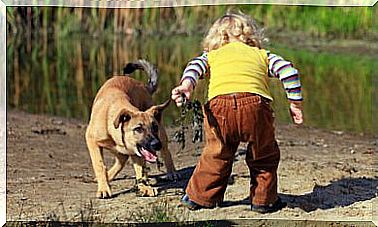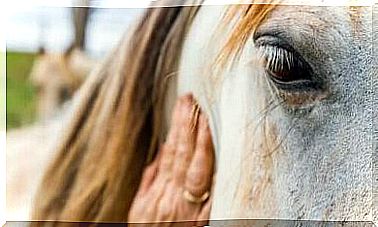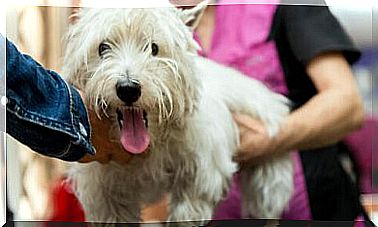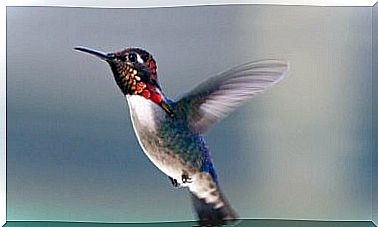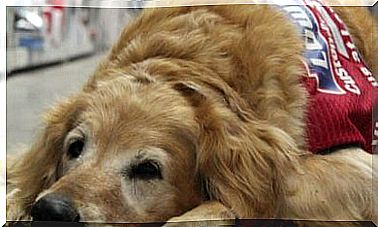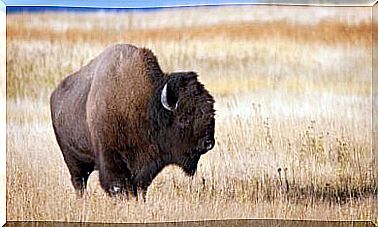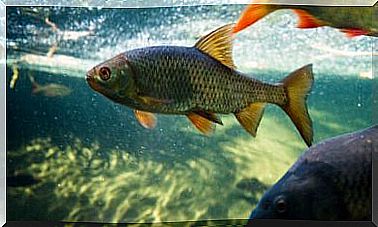My Cat Is Drooling: Why And What To Do?
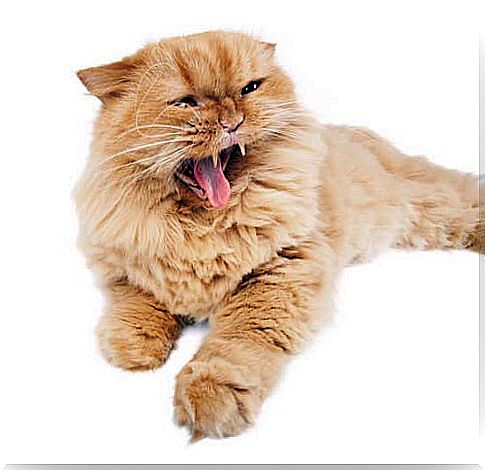
Your cat is drooling, but you don’t know why. After all, unlike dogs, cats generally don’t drool. In fact, excessive salivation in cats is so rare that many owners never get the opportunity to see their cats drooling.
Unfortunately, excessive salivation in cats is an unmistakable sign of much more serious medical problems. If your cat is drooling, you should take him to the vet right away.
Salivation in cats can indicate dental disease, corrosive poisoning or poisoning from consumption of harmful plants. Salivation can also indicate much more serious problems, such as kidney failure or trauma after severe blows.
Your cat is drooling because of dental disease
In cats, tooth resorption injuries are extremely frequent. According to several studies, up to 75% of domestic cats suffer from tooth resorption throughout their lives.
Veterinarians have not yet been able to determine the causes behind this condition, but they know that it often results in pain in the oral cavity and excessive salivation.
Tooth resorption can occur internally or externally. When it occurs internally, the disease eats away at the tooth from the center outwards.
In external resorption, decay usually begins at the junction point between the root and the enamel. However, this area is usually covered by gums or dental tartar, making it difficult to detect.
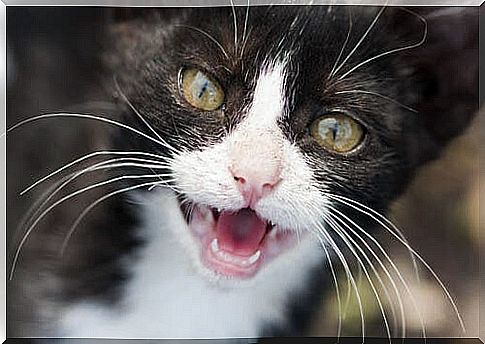
In general, tooth resorption can be identified as a red line along the cat’s gums. This condition is very painful for the animal. Thus, your body has a natural reaction, producing excessive salivation to relieve irritation.
Your cat is drooling because of kidney failure
As many veterinarians will confirm, kidney failure is the leading cause of death in domestic cats. Kidney failure can be acute or chronic, and symptoms include weight loss, increased thirst, increased urine output, dilute urine (because of the amount of water ingested), halitosis (bad breath), and salivation.
If you notice these symptoms in your cat, you should take him to the vet immediately. As they are small animals with an accelerated metabolism, cats go out of balance very quickly.
The veterinarian will know what to do and, in many cases, can give you intravenous hydration as soon as possible. In general, a cat with kidney problems should have a lower intake of protein in their diet and their blood parameters should be constantly monitored.
corrosive poisoning
Without a doubt, the chemicals found in the home are harmful to our pets. These chemicals are, for the most part, detergents and cleaning or gardening products.
Unlike dogs, cats’ livers work through glucuronidation. For this reason, their bodies cannot metabolize chemicals in the same way.
So while many chemicals and detergents cause vomiting and diarrhea in dogs, these same chemicals can be fatal to cats. As they cannot be metabolized, the chemicals eat away at these animals’ bodies from the inside.
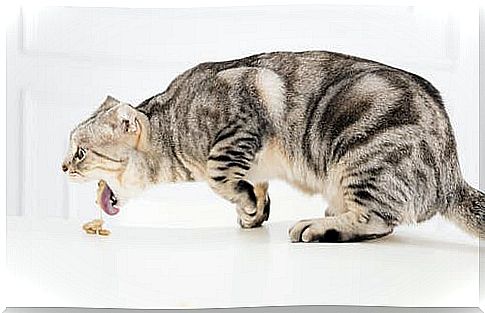
This causes severe burns in the mouth, esophagus, stomach and intestine. So if your cat is drooling for no apparent reason, this could be the first sign of accidental poisoning. Rinse his mouth with water and a needleless syringe, then see your veterinarian.
In addition, certain plants that contain insoluble calcium oxalate crystals can also cause cat mouth burns. Fortunately, these oxalate crystals are never fatal to felines, just very uncomfortable.
As with corrosive poisoning, the first symptom of ingesting oxalate crystals is excessive salivation. If your cat is drooling, you should wash his mouth out immediately using plenty of water. Remember to use a needleless syringe to facilitate the process.
Your cat is drooling from trauma
It is recommended that your cat stay indoors for several reasons, but mainly to minimize the risk of trauma. We are not talking about a psychological trauma, but a physical one.
A cat can suffer trauma after being run over by a car or attacked by a dog, among many other situations. Even if your cat doesn’t look hurt, his body may just be reacting to the adrenaline.
A blow to the jaw or a fracture can be reasons for a cat to drool excessively. If you are in doubt, consult your veterinarian. He will be able to tell you if x-rays or other tests will be needed.
So, if you notice that your cat is drooling, you should consult your veterinarian. Unlike dogs, salivation in cats is not normal and should not be ignored. Watch your cat constantly to prevent problems from getting worse from lack of treatment.
